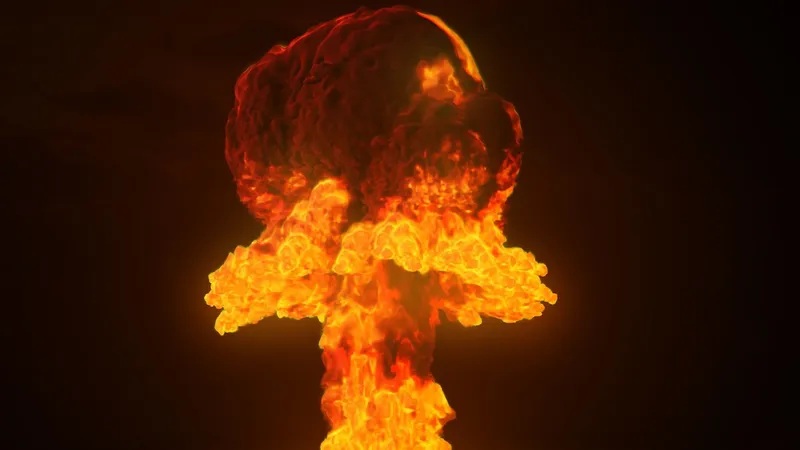Scientists from the University of Otago have identified countries that may have the best chances of surviving a nuclear war, particularly those capable of sustaining agriculture. The study evaluates various risks, with the most significant challenge being the lack of sunlight caused by ash clouds from large-scale explosions. This would drastically reduce sunlight, causing severe hardships, especially in agriculture.

In a hypothetical nuclear war between Russia and NATO, approximately 150 teragrams of soot would be released into the atmosphere, causing a dramatic decline in global agricultural production. This would result in an 80% decrease worldwide and a total collapse of agriculture in the Northern Hemisphere within a few years.
Island and peninsula nations such as New Zealand, Australia, Iceland, Vanuatu, and the Solomon Islands are seen as having the best chance of enduring the harsh conditions of a nuclear winter.
New Zealand is well-positioned to survive, thanks to its robust food supply and advantageous geography. However, it faces challenges such as trade dependency and energy imports. Even a temperature drop of just one degree could add 15 to 50 frost days, further complicating survival.
Australia is another strong candidate due to its overabundance of food production, but its safety is contingent on not being directly targeted in a nuclear war.
Iceland benefits from its remote location and may suffer less from the climate impacts compared to continental Europe. It has abundant hydroelectric power, agricultural expertise, and fish stocks, although being a NATO member could make it a potential target.
The Solomon Islands and Vanuatu, with their tropical climates and food production, are also in a favorable position. However, they are vulnerable to tsunamis and energy crises.
Other experts, including survival specialist Alex Reiba, suggest additional countries that may endure a nuclear conflict, such as Canada, with its vast territory and dispersed population, and Norway, known for its small population and relative isolation.
Other countries considered safer include Sweden, Greenland (Denmark), the Fiji Islands, Nepal, and Sri Lanka. These nations may survive due to their remoteness, political stability, or recovery capabilities.

Although these countries might have a better chance of surviving, the threat of nuclear war is not inevitable. The newly elected U.S. President has pledged to prevent such a conflict, emphasizing his role as a “peacemaker.” Regardless, individuals are advised to stay vigilant, watch for signs of disaster, and seek shelter immediately in the event of an attack.


